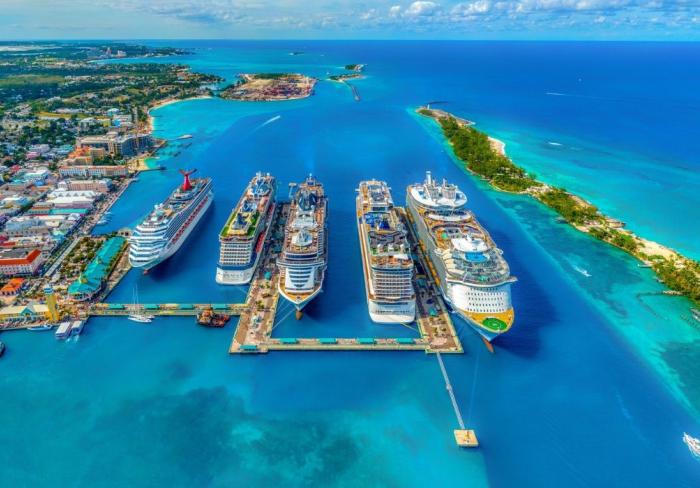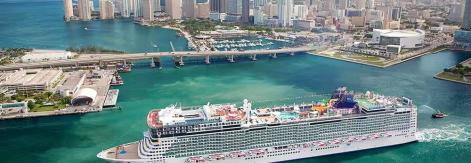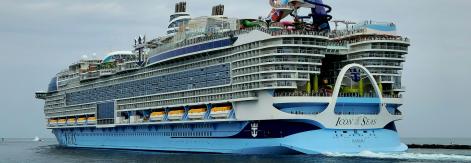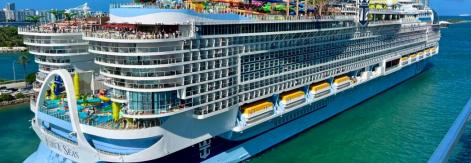Royal Caribbean International’s Mariner of the Seas –the largest ship ever to offer cruise vacations from the West Coast- arrived in Los Angeles on Feb. 19. The 142,000-ton ship will sail year-round from the Port of Los Angeles on seven-night Mexican Riviera cruises visiting Cabo San Lucas, Puerto Vallarta and Mazatlan.
Carnival Cruise Lines is offering Early Saver rates providing savings of up to $200 per person on summer and fall cruises for those who book early. Early Saver rates are available up to three months prior to sailing date for cruises of five days or less and up to five months prior to sailing date for longer voyages.
Carnival Cruise Lines is offering Early Saver rates providing savings of up to $200 per person on summer and fall cruises for those who book early. Early Saver rates are available up to three months prior to sailing date for cruises of five days or less and up to five months prior to sailing date for longer voyages.
Carnival Cruise Lines is offering Early Saver rates providing savings of up to $200 per person on summer and fall cruises for those who book early. Early Saver rates are available up to three months prior to sailing date for cruises of five days or less and up to five months prior to sailing date for longer voyages.
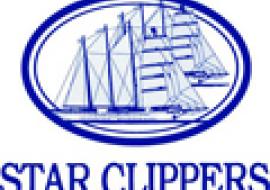
Star Clippers announced a new offer on seven-day Tahiti sailings in 2009. Under the program, brides receive a 50 percent discount off of the cruise fare when the groom pays the brochure rate on an outside cabin in categories C1 to C3. Guests who book their air with Star Clippers also receive a free night post-cruise at the Radisson Plaza Resort Tahiti in Papeete.
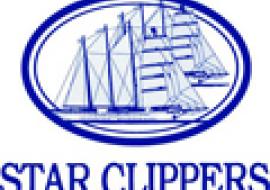
Star Clippers announced a new offer on seven-day Tahiti sailings in 2009. Under the program, brides receive a 50 percent discount off of the cruise fare when the groom pays the brochure rate on an outside cabin in categories C1 to C3. Guests who book their air with Star Clippers also receive a free night post-cruise at the Radisson Plaza Resort Tahiti in Papeete.







